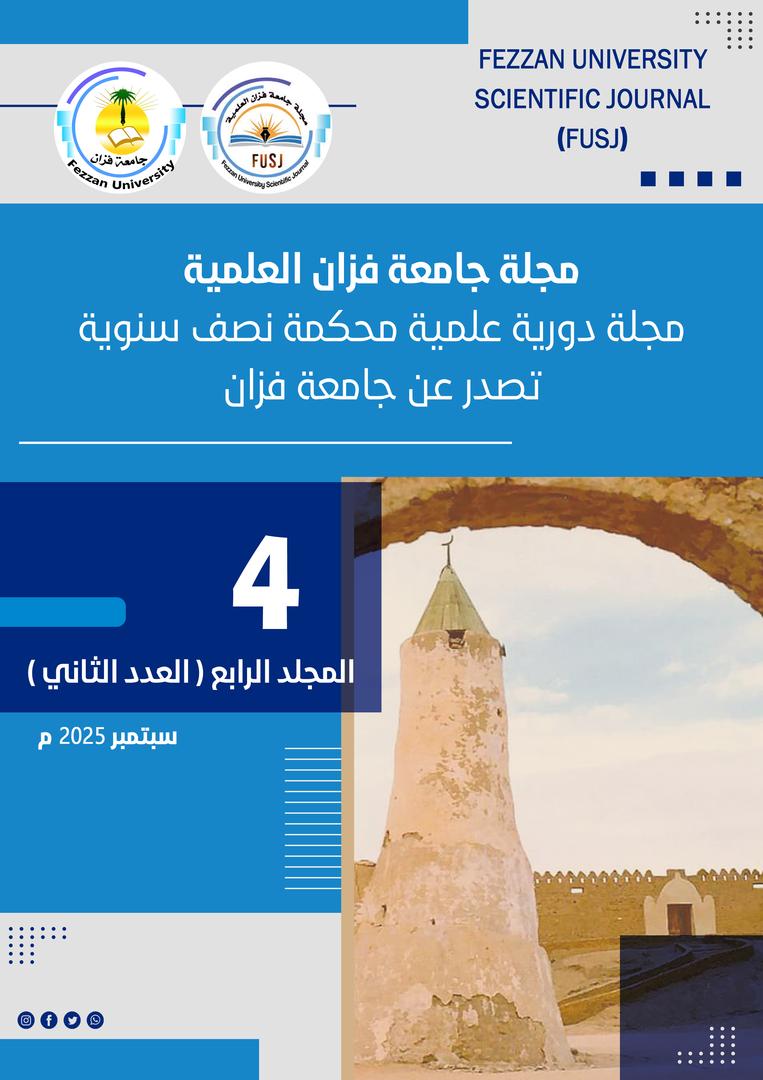تقنيات وتطبيقات الذكاء الاصطناعي في العمارة والهندسة والبناء، الفرص، التحديات، وآفاق المستقبل – ورقة مراجعة
##plugins.themes.academic_pro.article.main##
الملخص
أصبح الذكاء الاصطناعي (AI) قوة تحولية في العديد من القطاعات، ومع ذلك لا يزال تطبيقه في مجال العمارة والهندسة والبناء (AEC) محدودًا. تقدم هذه الورقة مراجعة للأبحاث السابقة حول تطبيقات الذكاء الاصطناعي في قطاع AEC ، حيث تلخص النتائج الرئيسية للدراسات السابقة وتسلط الضوء على الفوائد المحتملة والتحديات المرتبطة باعتماد الذكاء الاصطناعي في هذا المجال.
تستعرض الورقة الأساليب الأساسية للذكاء الاصطناعي، بما في ذلك التعلم الآلي، والتعلم العميق، ومعالجة اللغات الطبيعية، ورؤية الحاسوب، والمنطق الضبابي، والخوارزميات التطورية، كما وردت في الأبحاث السابقة. كما تناقش تطبيقاتها العملية في قطاع AEC، مثل التحليلات التنبؤية، والتصميم التوليدي، والمراقبة اللحظية للمواقع، والروبوتات، والتوثيق الآلي. وقد أكدت الدراسات على دور هذه التقنيات المدعومة بالذكاء الاصطناعي في تعزيز إدارة المشاريع، والتخفيف من المخاطر، وتحسين تخصيص الموارد، وزيادة الكفاءة العامة في عمليات البناء.
ورغم التقدم الواعد، تشير الأبحاث إلى وجود العديد من العوائق التي تعيق تبني الذكاء الاصطناعي في قطاع AEC، مثل مقاومة التغيير، وارتفاع تكاليف التنفيذ، ومشكلات جودة البيانات، والمخاوف الأخلاقية. ومن خلال تحليل الدراسات السابقة، ترسم هذه المراجعة خارطة طريق للتغلب على هذه التحديات عبر جهود تعاونية بين صناع القرار، وأصحاب المصلحة في الصناعة، ومطوري التكنولوجيا.
ختامًا، تؤكد هذه الورقة على الإمكانيات الكبيرة التي يمتلكها الذكاء الاصطناعي لإحداث تحول جذري في أساليب العمل التقليدية في قطاع AEC، مما يسهم في تحقيق صناعة أكثر كفاءة واستدامة ومرونة. وتوفر نتائج هذه المراجعة أساسًا مهمًا للأبحاث المستقبلية وتطوير الصناعة، من خلال تقديم رؤية منهجية لحالة الذكاء الاصطناعي في قطاع AEC وآفاق تبنيه على نطاق أوسع.

